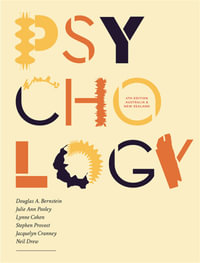What are the psychological processes involved in comprehending sentences? How do we process the structure of sentences and how do we understand their meaning? Do children, bilinguals and people with language impairments process sentences in the same way as healthy monolingual adults? These are just some of the many questions that sentence processing researchers have tried to answer by conducting ever more sophisticated experiments, making this one of the most productive and exciting areas in experimental language research in recent years.
This book is the first to provide a comprehensive, state-of-the-art overview of this important field. It contains 10 chapters written by world-leading experts, which discuss influential theories of sentence processing and important experimental evidence, with a focus on recent developments in the area. The chapters also analyse research that has investigated how people process the structure and meaning of sentences, and how sentences are understood within their context.
This comprehensive and authoritative work will appeal to students and researchers in the field of sentence processing, as well anyone with an interest in psychology and linguistics.
Industry Reviews
I am very impressed by the range and quality of the contributions to "Sentence Processing". The chapters are written by world-leading researchers, who provide detailed, integrative reviews of this popular and energetic field of research. Their contributions provide important theoretical insights into traditional "core" topics relating to syntax, semantics, and the interaction of language with the non-linguistic context. In addition, they indicate how the field has developed to encompass processing in such groups as children, bilinguals, and people with language disorders. - Martin Pickering, Department of Psychology, University of Edinburgh, UK
This volume offers a broad overview of recent research on sentence processing. It will appeal to a broad audience with some chapters targeted at students who are new to psycholinguistics, and others engaging more specifically with current theoretical debates. As a whole the book presents an interesting snapshot of the different ways leading researchers approach the topic of sentence processing. - Chuck Clifton, Department of Psychology, University of Massachusetts, USA
























